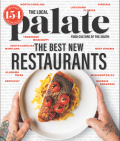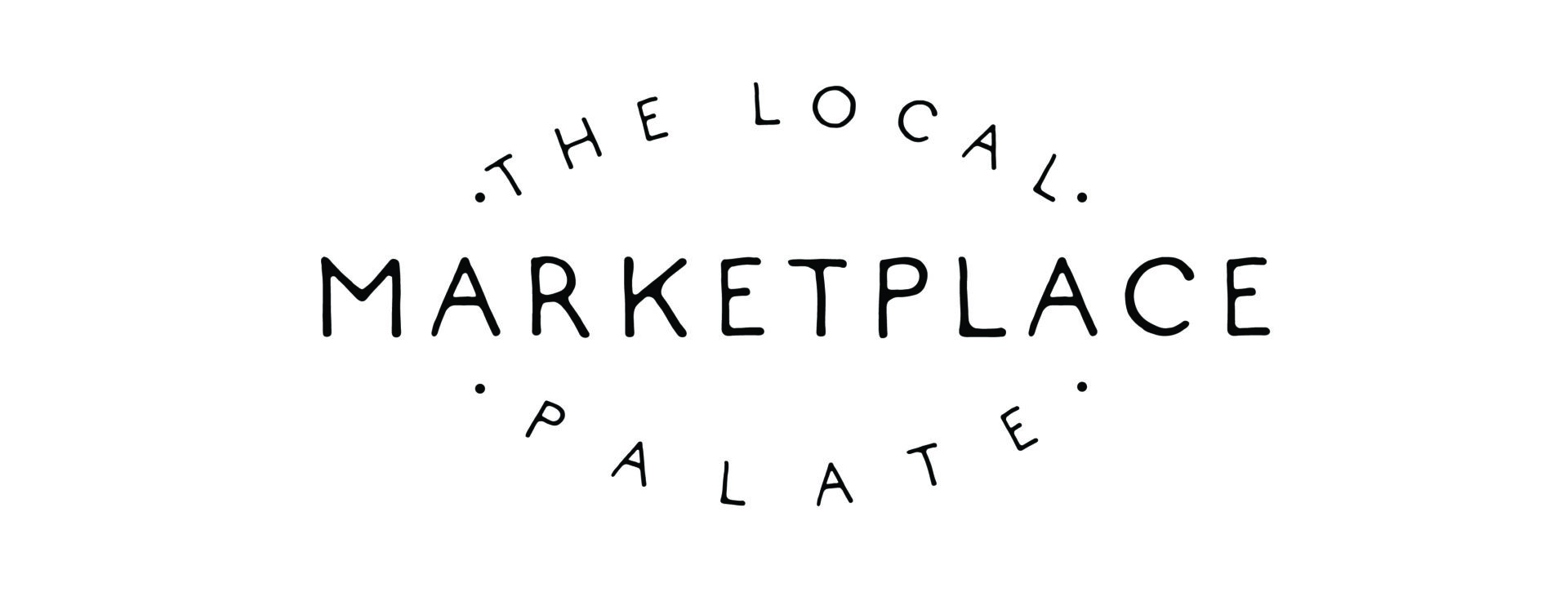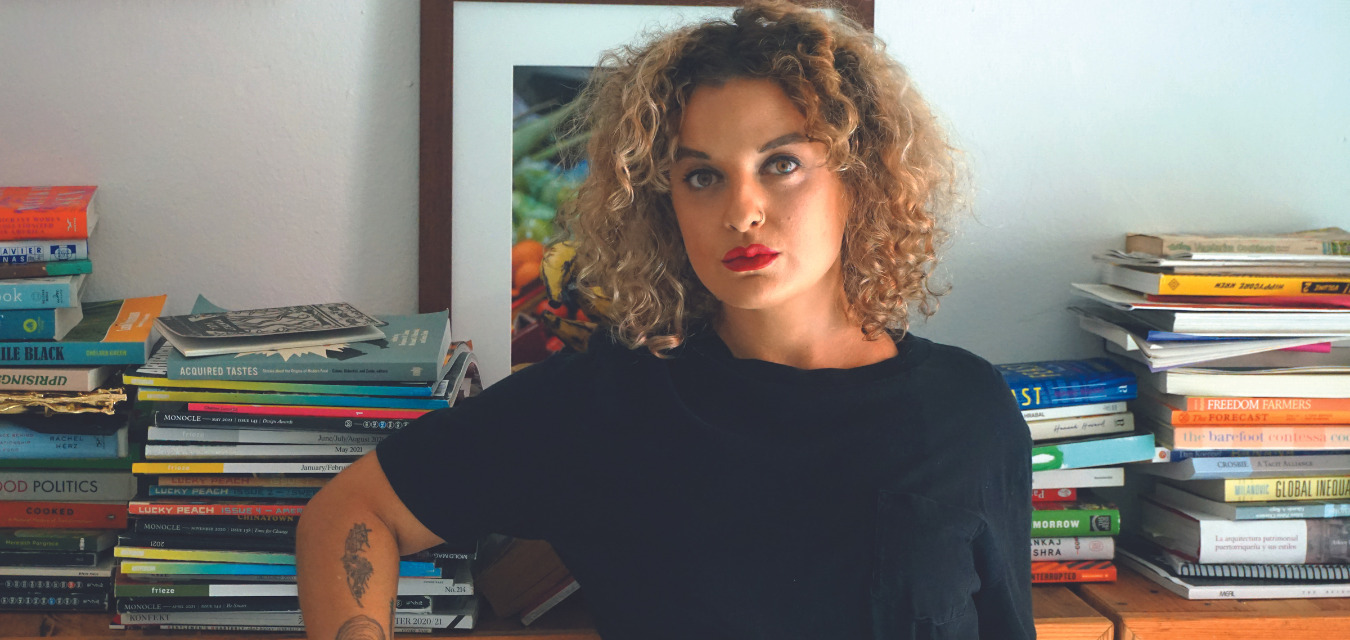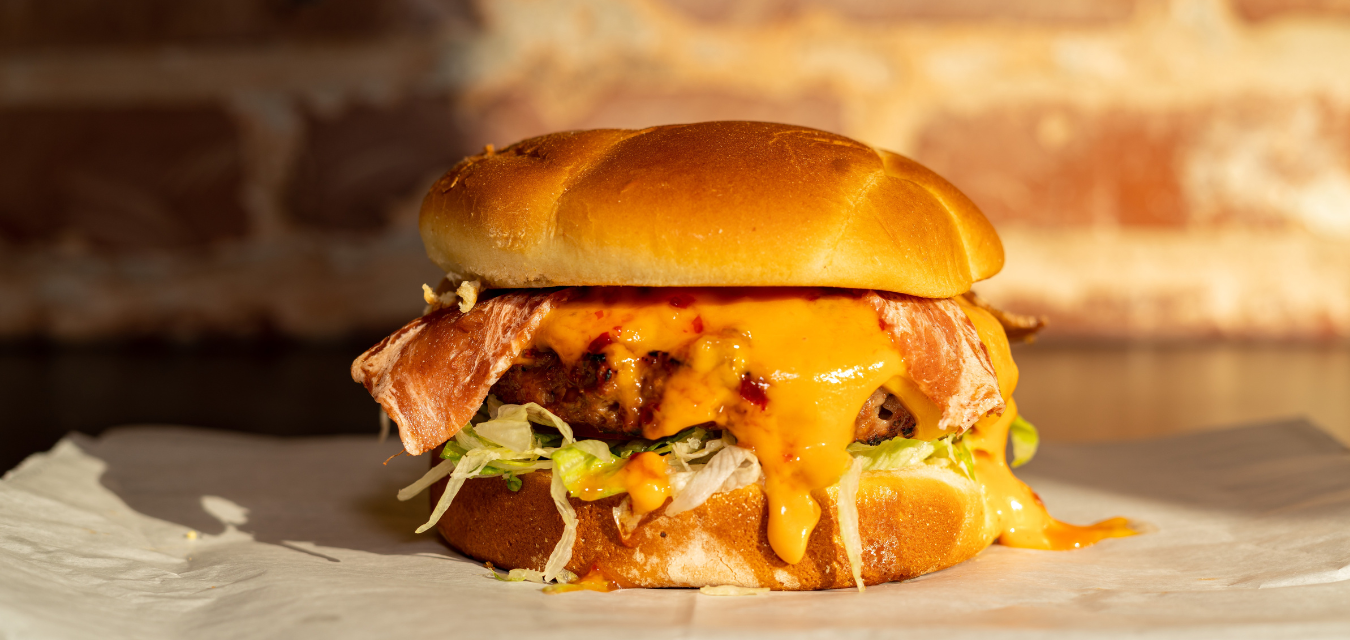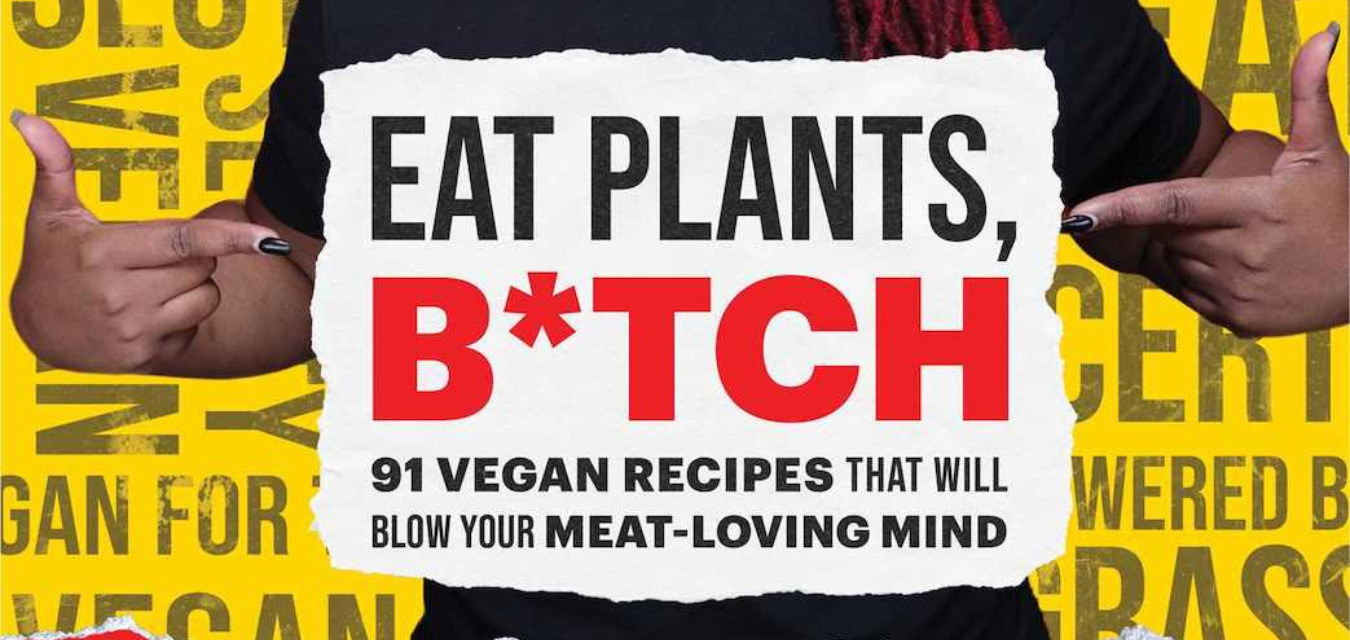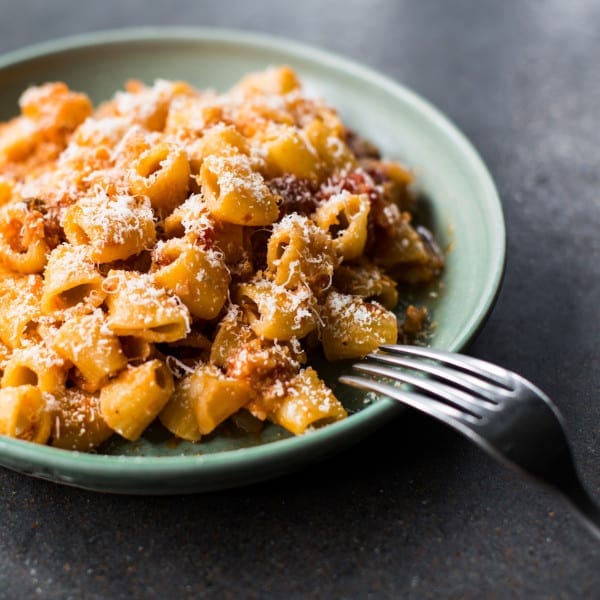Alicia Kennedy sets the record straight on how natural—and essential—it is to go plant-based
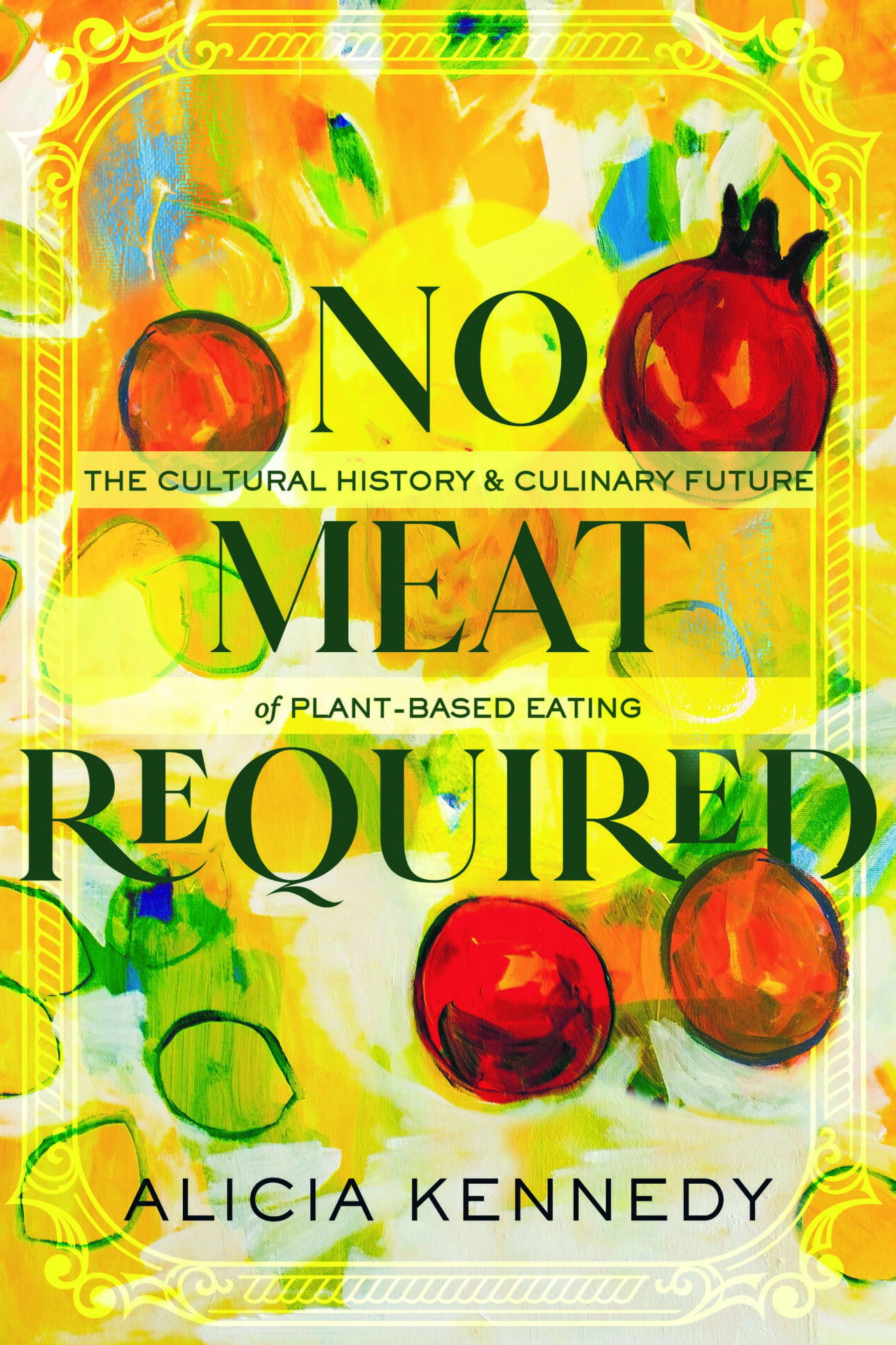
Known for her essays, recipes, and popular newsletter, food writer Alicia Kennedy has recently published her first book, No Meat Required: The Cultural History and Culinary Future of Plant-Based Eating (Beacon Press, 2023). Kennedy, whose own eating habits have shifted from omnivorous to vegan to vegetarian, dives firsthand into the complex history of alternative eating in the United States and the importance of plant-based diets for the future.
The plant-based movement wasn’t just a nuance of the 1960s from Birkenstock-wearing hippies trying to save the plant; rather, Kennedy shows how plant-based diets exists all over the planet, and the effects of colonialism on increasing meat consumption in communities that historically did not consume meat in excess. From faux shrimp made by Buddhists in China centuries ago to how vegan food is “punk,” Kennedy’s book educates about the foundation of vegetarian and vegan cuisines and looks forward to how plant-based eating can preserve our planet for future generations.
TLP: What inspired you to write a book about the history of plant-based eating?
Alicia Kennedy: As a former vegan and current vegetarian, I have found that many people misunderstand what it means not to eat meat. I wanted to complicate the narrative around vegetarian and vegan food, its history, and who participates.
TLP: In No Meat Required, how do you approach what the future of food is going to look like, and what needs to change?
AK: I hope the future of food is one without industrial animal agriculture, where people—especially in the United States and other rich countries—are eating within the ecological limits of the planet. I don’t believe the future of food needs to be one where we replace animal meat with products like lab-cultivated meat. There are plenty of nutrients available in a whole foods, plant-based approach.
TLP: How is your perspective on food different as a result of living in Puerto Rico versus the mainland US?
AK: Puerto Rico has some of the highest food costs in the United States and Latin America. This has made me more conscious of food waste, supporting local farmers, and moving toward a pantry-based style of cooking that prioritizes making the tastiest meals with the smallest number of ingredients. I’m lucky to have a weekly farmers market in my neighborhood where I go to buy my produce every week and that this lifestyle is financially feasible for me.
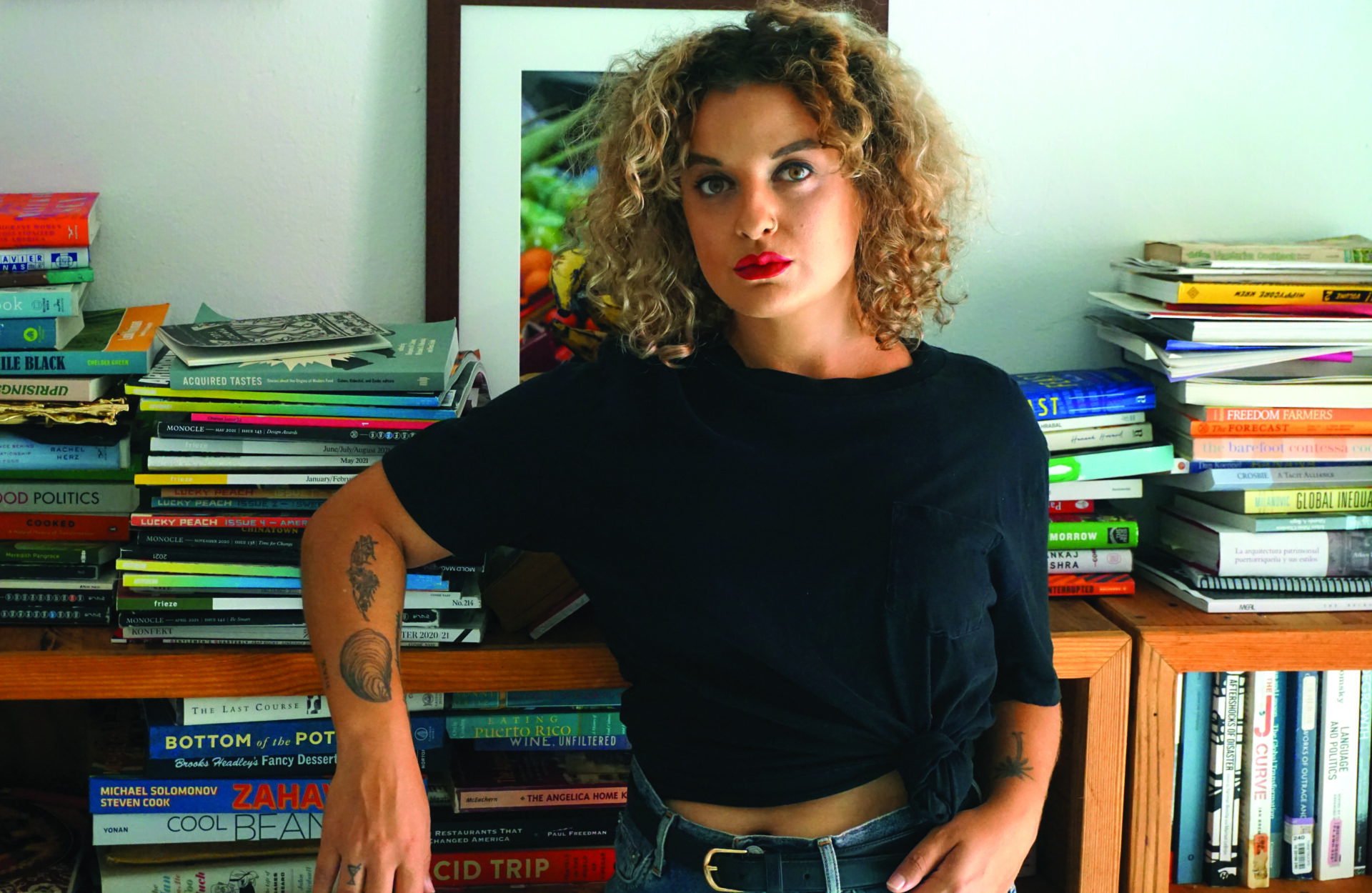
TLP: In your introduction, you noted that when you stopped eating meat, you felt “doomed” to a life of vegan meals. What were some defining moments in your transition to a meatless “gourmand” style of eating?
AK: Realizing that it was a myth that I had to center all of my meals around a piece of protein in order to be healthy or full was the biggest defining moment. From there, I realized my meals could be colorful, flavorful, and robust by focusing on grains, beans, and vegetables—that cooking techniques could make those things delicious and satisfying, and protein is richly available without always making tofu or tempeh the center of a meal (though I love those proteins, too).
TLP: How do we make the plant-based movement more accessible around the world to underserved and minority communities?
AK: It’s not my belief that the plant-based movement needs to be more accessible to any community. I do believe that people should (as they are able to) make choices to reduce their meat, seafood, and dairy consumption to only what is sustainable; as local as possible, and produced with animal welfare in mind. It’s also the responsibility of government to stop supporting industries, such as large-scale animal agriculture, that have a reckless impact on the environment, don’t provide good jobs for workers, and create horrifying conditions for animals. The cost of meat and dairy is kept artificially low by subsidies, and that is the real issue.
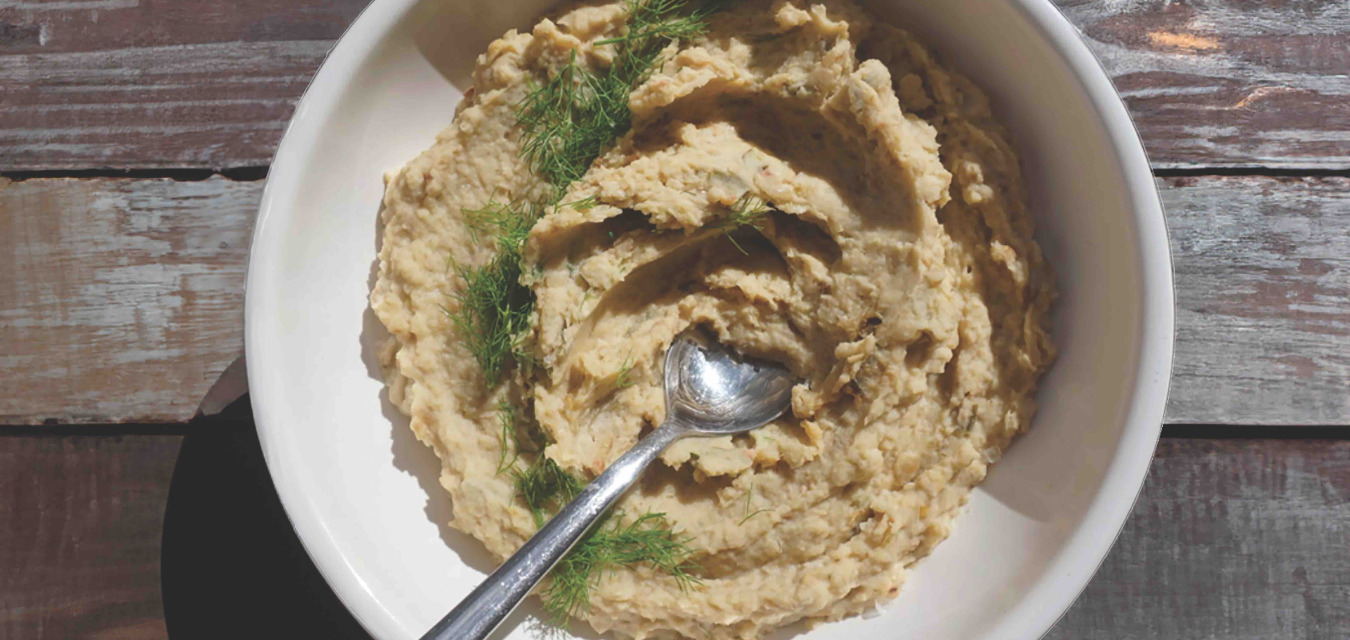
White Bean Fennel Dip
keep reading
In the Field
Vegan Is the New Black
Southern Black chefs embrace a centuries-long history of veganism and vegetarianism within their communities.
Bookshelf
The Slutty Vegan Cookbook: Eat Plants, B*tch
Pinky Cole, owner of the Slutty Vegan restaurant empire, is reimagining vegan recipes with her new cookbook, Eat Plants, B*tch.
Recipes
Plant-Based Recipes Fit for Dinner
These plant-based recipes for pastas, curries, and stews yield flavorful comfort foods and elegant main dishes that command the dinner table.
share
trending content
-
The Best Southern Cookbooks of the Season
-
How to Make Kolaches with Joy the Baker | Video
by Amber Chase -
Long Live Oyster Season at Darling Oyster Bar
by TLP's Partners -
Recap: TLP x Charleston Wine + Food
by TLP Editors -
Exploring Mississippi: A Quintessential Southern Experience
More From Bookshelf
-
The Best Southern Cookbooks of the Season
-
Maydan: Recipes from Lebanon and Beyond
-
Bookshelf: Thoughtful Cooking
-
Stock the Shelves: The Best Cookbooks of 2023
-
Southern Cooking, Global Reach
